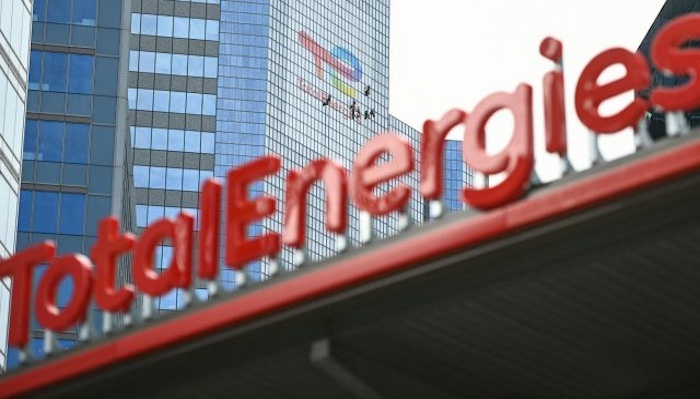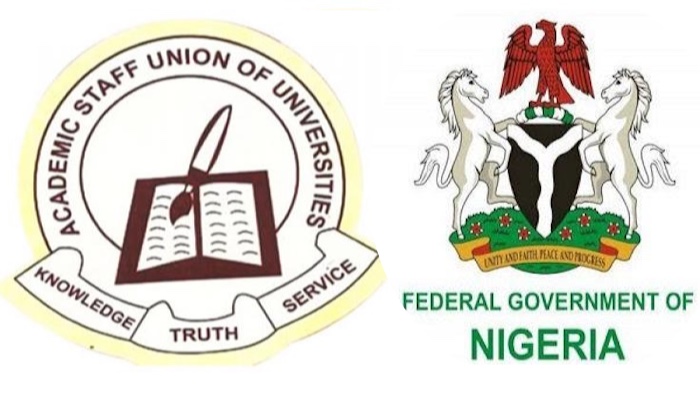
In a major push to transform the agricultural sector and enhance food security, Nigeria’s federal government has launched a $3.14 billion investment portfolio designed to modernize food production and stimulate economic growth.
The initiative was announced by Abubakar Kyari, Minister of Agriculture and Food Security, during the Food and Agricultural Organisation’s (FAO) national and subregional investment forum held in Abuja on Tuesday. The ambitious program aims to directly and indirectly benefit over 4.1 million Nigerians, while positioning Nigeria as a leading regional hub for agribusiness across West Africa and the Sahel.
The investment will prioritize five high-impact agricultural value chains critical to Nigeria’s food system and export potential:
- Tomato
- Cassava
- Maize
- Dairy
- Fisheries
With backing of $1.75 billion from government funds and $1.39 billion in private sector commitments, the project is structured to attract additional international capital, creating sustainable growth and job opportunities.
Minister Kyari highlighted the projected economic benefits, including raising per capita incomes by as much as $657 and delivering an average internal rate of return (IRR) of 14.2% across these sectors. Cassava tops the list with a 21.4% return, followed by maize (18.7%), tomato (15.2%), fisheries (12.5%), and dairy (12.2%).
Despite agriculture contributing roughly 25% of Nigeria’s GDP and employing almost half of the workforce, only 20% of arable land is currently cultivated, and less than 10% of irrigation potential is utilized. These gaps underscore the vast opportunities available for investors.
Kyari emphasized that ongoing government initiatives such as expanding irrigation infrastructure, developing Special Agro-Industrial Processing Zones, and boosting digital agriculture will support the sector’s transformation.
To encourage private investment, the government has rolled out several incentives, including:
- Zero customs duties on farm machinery imports
- Tax holidays for agribusiness ventures
- Exemptions tied to local sourcing policies
- Multi-year tax credits
Regional Significance and Next Steps
The minister described the forum as a pivotal step not just for Nigeria but for the wider West African and Sahel regions, setting the stage for the country’s participation in the upcoming FAO Rome hand-in-hand investment roundtable.



